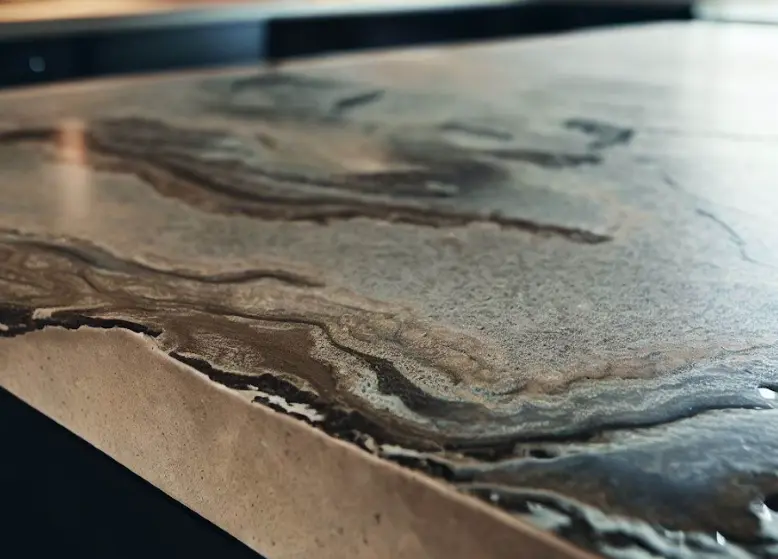
Clear and Present Danger: The Artificial Stone Silicosis Epidemic
April 22, 2024
Cal/OSHA Reacts to Silicosis Epidemic in California
April 29, 2024Blog

ALERT! Australia Bans Artificial Stone
In a landmark decision, Australia has become the first country to announce a nationwide ban on the importation and use of artificial stone, a material linked to a severe and often fatal lung disease known as silicosis. This decision, set to take effect on July 1, 2024, follows years of advocacy by victims, families, workers' unions, medical professionals, and public health officials, all highlighting the extreme dangers posed by artificial stone to worker health and safety.
Artificial stone, also known as engineered stone, contains high levels of crystalline silica, a natural mineral responsible for silicosis when inhaled in dust form. The manufacturing and processing of artificial stone, especially when cutting, grinding, and polishing, release dangerous amounts of silica dust into the air. Despite attempts at suppression and control measures, the dust inevitably becomes airborne, posing a significant health risk to workers.
The call for a ban gained momentum following numerous reports and studies illustrating the dire consequences of exposure to silica dust. In 2019, ABC News reported the story of Braden Barnes, a worker who developed silicosis from working with engineered stone products, sparking a public outcry for regulatory action. By then, Australia had already seen a surge in silicosis cases, with 260 reported across the nation.
Recognizing the gravity of the situation, Alison Reid, Associate Professor in Epidemiology and Biostatistics at Curtin University, called for a complete ban on artificial stone. In her presentation "Engineered Stone: Why a Ban Is The Only Answer," Reid highlighted that artificial stone has a much higher silica content than natural stone and that conventional fabrication processes produce silica dust levels more than 300 times above the occupational standard. She drew parallels between the silicosis crisis and the asbestos epidemic of the last century, emphasizing the lessons not learned from past mistakes.
The push for a ban was supported by prominent figures and organizations, including Professor Lin Fritschi, who warned of the potential for hundreds of lung cancers and thousands of silicosis cases if artificial stone use continued. Union representatives and occupational health experts echoed these concerns, comparing the risks of silica exposure to those of asbestos and advocating for an immediate ban on high-silica stone products.
In response to mounting pressure, Safe Work Australia, the statutory body responsible for developing national policy on work health and safety, was tasked with preparing a plan to ban artificial stone products. Their report, released in October 2023, recommended a complete prohibition on the use of engineered stone, citing the serious risks and severe, sometimes fatal, consequences of exposure to respirable crystalline silica.
Safe Work Australia's findings debunked the notion that engineered stone with lower silica content could be a safer alternative, noting the lack of evidence that such products pose less risk to worker health and safety. The agency concluded that the only way to prevent another generation of Australian workers from contracting silicosis is to prohibit the use of engineered stone, regardless of its silica content.
This decision marks a significant victory for public health and worker safety in Australia. It sends a clear message that the health of workers and the community cannot be compromised for the sake of industry convenience or economic gain. As Australia leads the way with this historic ban, it sets a precedent for other countries grappling with the artificial stone silicosis epidemic, highlighting the need for stringent regulations and proactive measures to protect workers from hazardous occupational exposures.


